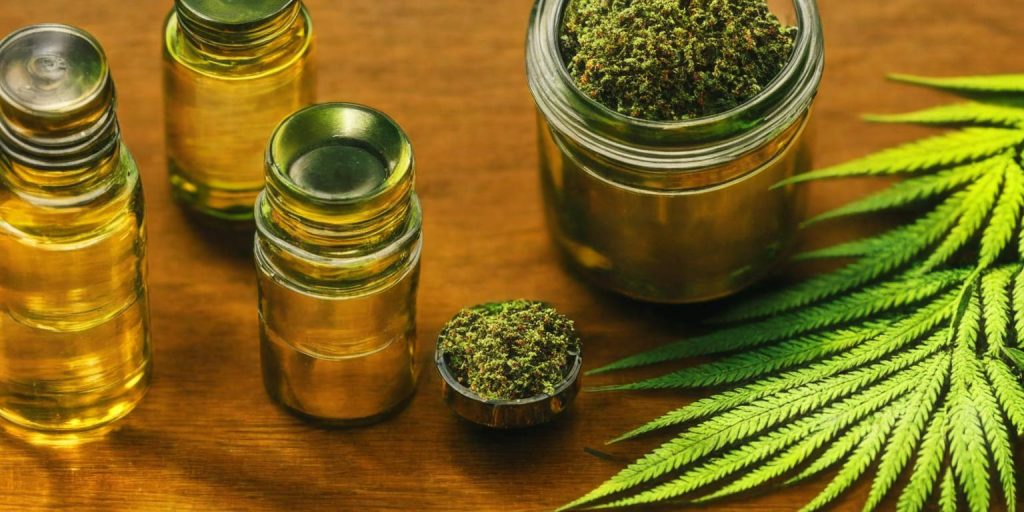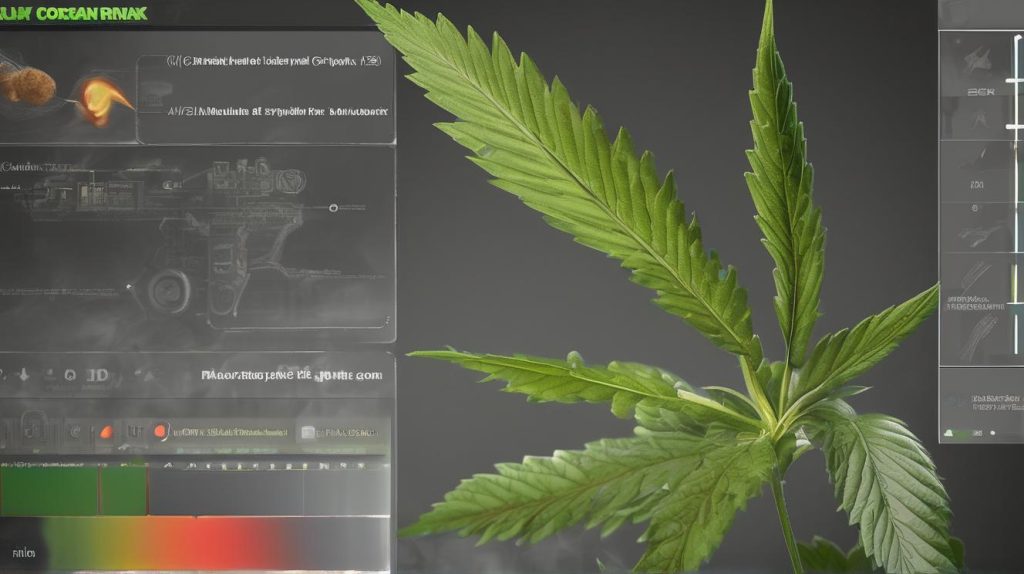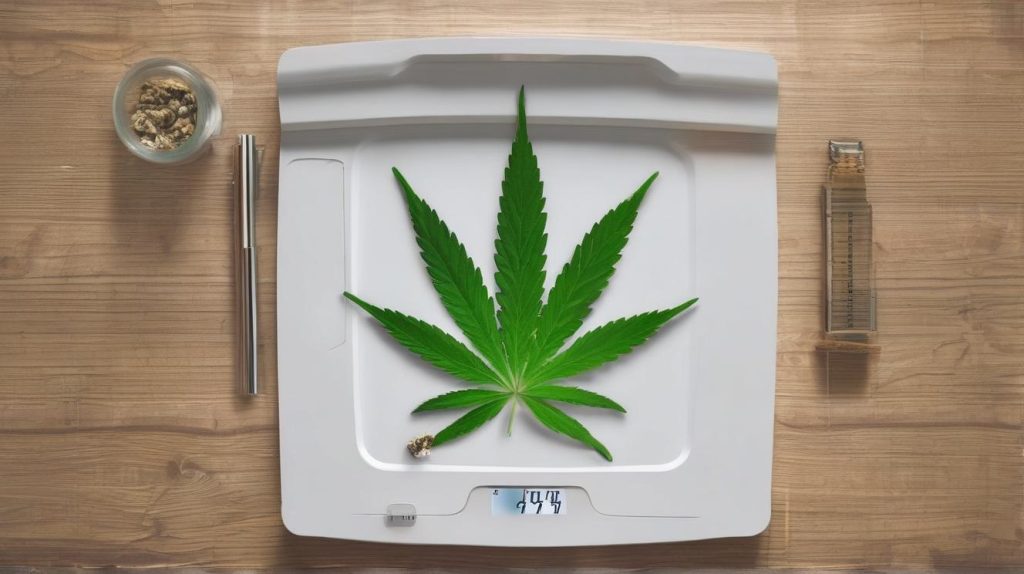
Cannabidiol (CBD) and Hemp Oil: What We Know?
As I gazed at the bottles on my shelf, their labels screaming health and wellness, I found myself drawn to one in particular – hemp oil. It stands there, humble yet potent, a symbol of nature’s bounty. It got me thinking, what’s the difference between hemp oil and its other botanical counterparts? Is it just another fad or does it hold some hidden magic within its golden liquid? And what about those tiny, crunchy hemp seeds, where do they fit into the picture? I decided to embark on a journey of discovery, to unravel the mysteries of hemp oil. This article is the fruit of that exploration, an honest attempt to shed light on the enigma that is hemp oil.
Deciphering the Differences: Cannabidiol, Marijuana, Cannabis, and Hemp Explained
As I delved into the world of medical marijuana, my curiosity led me to a remarkable discovery – cannabidiol or CBD. This compound, derived from hemp, stood apart from its psychedelic cousin, THC found in marijuana. It promised the benefits without the high, an appealing proposition indeed. The journey wasn’t easy, with cannabis, hemp, and marijuana often used interchangeably, adding to the confusion. But as I untangled the web, it became clear – each had its unique properties and uses. In this article, I’ll share these insights, hoping to shed some light on these intriguing botanicals.
Navigating the Legality of Cannabidiol
The question, “Is cannabidiol legal?” seemed simple at first, but as I dived in, it revealed a labyrinth of regulations and exceptions. In my journey through the world of medical marijuana, I discovered that cannabidiol, or CBD, straddles a grey area of legality. It’s a paradox – CBD derived from hemp is considered legal federally, yet some states regard any cannabis product as illegal. And here’s another twist – the same compound, if it comes from cannabis (marijuana), isn’t legal. This quirk of the law surprised me, considering they’re essentially the same thing. Then there’s the issue of THC content. Federally, CBD is legal if it contains less than 0.3 percent THC. But beware, some so-called “pure” CBD products might have illegal amounts of THC.
Unraveling the Health-Enhancing Properties of Cannabidiol
Intriguingly, the Mayo Clinic, which offers appointments in Arizona, Florida, and Minnesota, has been conducting studies on CBD’s potential. The results? Quite promising. From anxiety to chronic pain, cannabidiol appeared to offer a respite without traditional marijuana’s high. And it wasn’t just the Mayo Clinic; other Health System locations were sharing similar discoveries. It felt like I was standing at the precipice of a natural health revolution, ready to dive in.
Decoding the Safety of Cannabidiol
The internet was flooded with varying views – from promising claims to cautionary advice. The World Health Organization suggested no signs of misuse potential, a relief as I compared CBD oil vs hemp oil. Yet, the FDA warned that CBD might have unexpected side effects before one even notices. It felt like a balancing act between the benefits and potential harms.
Some reported side effects like diarrhea and fatigue, though others experienced only the soothing effects of Pure CBD. The U.S. Food and Drug Administration had approved Epidiolex, containing purified CBD from hemp, for treating rare seizures.
The Various Methods for Consuming Cannabidiol
Here I was, cradling my Pure CBD oil, trying to decode the myriad ways of consuming CBD. My research had pitted CBD oil vs hemp oil, and it seemed like a world of difference lay between them. The benefits of CBD oil were enticing, but understanding CBD oil was crucial.
I stumbled upon Good Hemp’s guide that recommended placing the oil under the tongue for quicker absorption. Another option was blending it with my favorite hemp seeds smoothie. The versatility of CBD, from hemp oil and CBD products to pure CBD, was astonishing.
Medical Marijuana: Facts about Cannabis, THC, and CBD
I learned that cannabis isn’t just about getting high, it’s also about healing. The plant contains hundreds of compounds, but THC and CBD stand out. THC is the psychoactive component, the one that gives you a ‘high’. CBD, on the other hand, doesn’t have that effect.
CBD oil, in particular, caught my attention. It’s derived from hemp, a cousin of the marijuana plant. As I ventured further into the realm of medical marijuana, I couldn’t help but marvel at the potential of this humble plant.
Conclusion
Cannabidiol (CBD) is a non-psychoactive compound derived from the hemp plant and found in cannabis. It is recognized for potential health benefits including pain relief, symptom reduction in certain mental health disorders, and possibly heart health. CBD oil is often confused with hemp seed oil, but they have distinct properties and uses. While CBD oil is praised for its therapeutic effects, hemp seed oil is known for its nutritional value. Importantly, CBD products are not FDA-approved and may contain varying amounts of THC depending on state regulations. More research is needed to fully understand the range of benefits and potential risks associated with CBD use.



